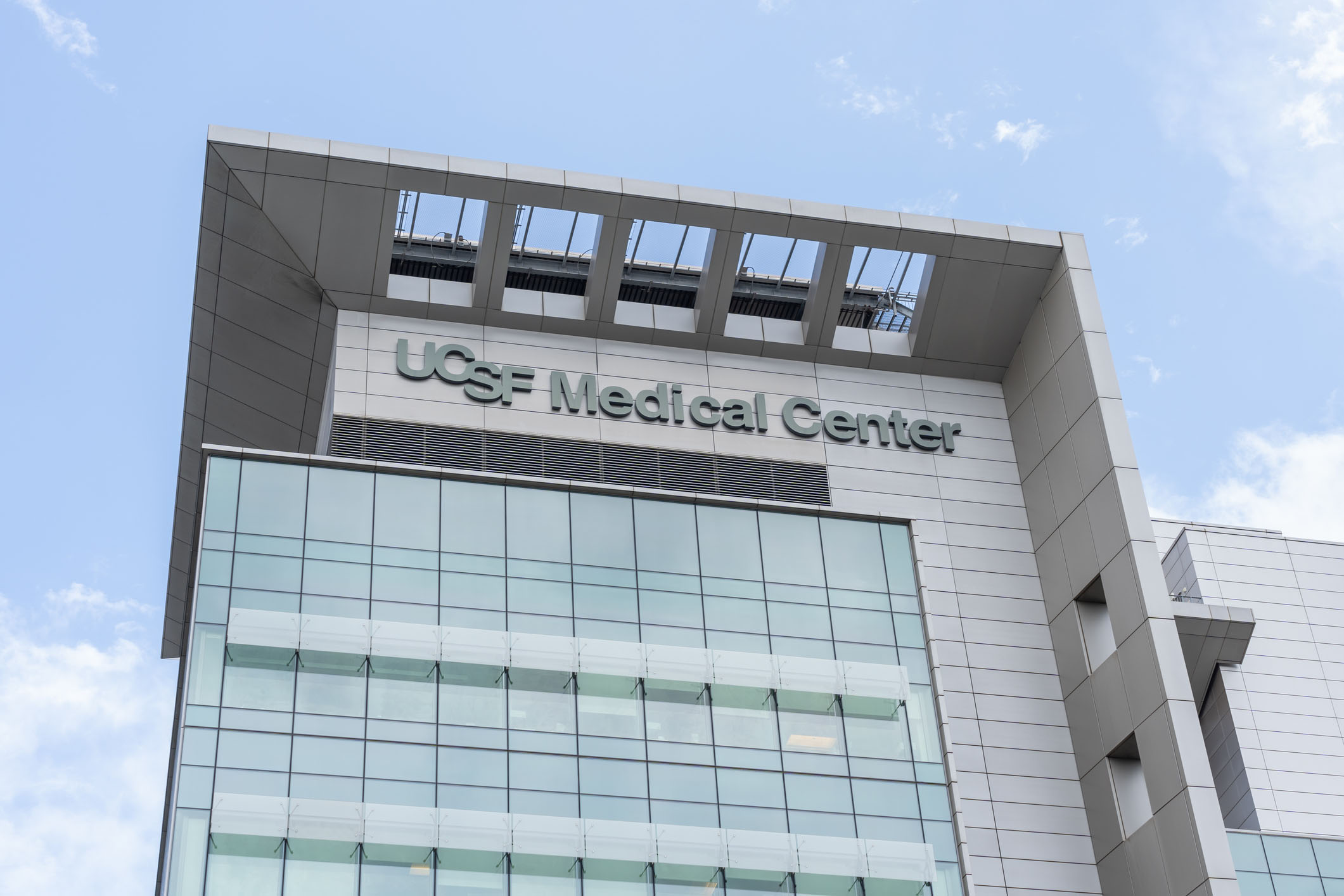
A Jewish patient was lying in his hospital bed at UCSF (University of California, San Francisco) and heard a demonstration just outside his window. “Intifada, Intifada,” “From the river to the sea, Palestine will be free,” and “End the Israeli occupation” were among the slogans he heard.
While this is not a rare occurrence in the Bay Area, this rally was different. The demonstrators were doctors, nurses and staff at UCSF. Needless to say, this patient and others at the medical facility felt extremely uncomfortable being treated there.
Dr. Gil Rabinovici, an Israeli-American neurologist who heads the Alzheimer’s Research Center at UCSF, has been working at UCSF for 20 years and has lived in the US for over 30 years. In an interview with the Journal, he said he is alarmed by what he is witnessing at his workplace.
“We’ve heard chilling stories from patients that, in their most vulnerable states, receiving treatment for life-threatening diseases, they were exposed to antisemitic hatred, political symbols, and negative comments,” Rabinovici said.
He told The Journal that he started seeing political symbols in clinical spaces.
“There were doctors and medical staff wearing watermelon pins, ‘Free Palestine’ pins and other political expressions,”Rabinovici said. “Jewish patients, some with relatives murdered, kidnapped, or missing since Oct. 7, were treated by these doctors. I’ve heard of people worried about being assigned certain doctors who are very vocal and antisemitic on social media. I can’t say we have evidence of anyone receiving discriminatory treatment and I pray to God that’s not the case, but we have certainly heard from patients who were exposed to this. They were very concerned about receiving their treatment at UCSF.”
A New York Times report into those claims presented an alarming picture. According to the story, in the past several months, there were hundreds of complaints filed by doctors, medical students and patients with the university administration. Some of them alleged instances of antisemitism on campus.
Jonathan Terdiman, a Jewish gastroenterologist, told The Times that it’s unacceptable to hear chants of “intifada” at a hospital. “People are coming here for chemotherapy. They have dire illnesses. When that chant goes up and is heard in patient care rooms, which it clearly was, it’s a violation of our professional obligations as health care providers.”
“People are coming here for chemotherapy. They have dire illnesses. When that chant goes up and is heard in patient care rooms, which it clearly was, it’s a violation of our professional obligations as health care providers.” – Jonathan Terdiman
Dr. Rabinovici said that many of his friends and colleagues at the prestigious institute expressed to him feelings of alienation and disregard by the administration.
“We’ve been complaining for nine months,” he said. “It amazes us to see what’s happening. It was always an exceptional workplace that valued inclusivity for everyone. I assumed that included Israelis, but I was shocked to find that when we complained about this very hostile environment, our complaints to the Office for the Prevention of Harassment and Discrimination were completely dismissed.”
Rabinovici said that what happened next shocked him even more. He and his colleagues were referred to a counselor in case they needed additional support and that this counselor had posted “some of the most vile antisemitic remarks,” he said. “This is the person to whom Jews and the Israeli community were referred for further support. When we complained about this to the administration, their response was to refer us to another counselor, one who wasn’t openly antisemitic.”
It didn’t stop there, he said. Antisemitic content has infiltrated the university’s educational programs. Faculty members have presented slides about what they call ‘genocide in Gaza’ during UCSF continuing medical education courses.
“There’s a lot of intimidation aimed at silencing Jewish and Zionist voices. Suddenly, all Jews are being blamed for the actions of the Israeli government in Gaza. That’s clear antisemitism.”
Yarden Golan, a postdoctoral fellow at UCSF, and her family moved to San Francisco from Israel four-and-a half-years ago. She says she has never been an activist or politically involved. In Israel, she hardly watched the news, but all that has changed since Oct. 7.
That day led her to become “much more involved and active at the university. It started with trying to raise awareness about the abductees and advocacy activities simply because I felt it was impossible to remain silent in the face of this injustice,” she said. “When anti-Israeli events started on campus, I became involved in organizing events for the Jewish and Israeli community on campus.”
Golan said that a few months after the war began, there was a pro-Palestinian rally at the university. She and her friend decided to go and see what the other side had to say and maybe start a dialogue. When they got there, they heard the same propaganda against Israel, spreading false information and narratives provided by Hamas.
When the rally ended, she approached Dr. Jess Ghannam. The doctor has been working at UCSF for 30 years and specializes in chronic illnesses and post-traumatic stress disorder. Ghannam, whose parents are Palestinians, was featured in The New York Times article and was pictured wearing a watermelon pin, a symbol of solidarity with Palestinians.
In the interview, he said that his patients thanked him for wearing the pin and complained that his colleagues were actually instructed to remove their pins and kaffiyehs. However, Jewish patients at a fertility clinic said they witnessed staff wearing those symbols freely.
“I introduced myself to Dr. Ghannam as an Israeli doing a postdoc at the university and asked him how he sees the solution to the problem,” Golan said. “He replied, ‘One state where everyone has the same rights,’ and when I asked what will happen to the Jewish/Israelis in the one-state solution he proposes and he said it’s not his problem.”
Golan said she felt there was no one to talk to and left.
“I don’t see on campus any legitimate criticism of the actions of one government or another, or a desire to reach a political settlement in favor of two states. It is anti-Zionism and clear antisemitism, including support for terrorist acts. Most of my criticism is of the university for not standing up to clear cases of antisemitism, for not protecting employees even in clear cases of antisemitism.”
Rabinovici agrees. He said staff members have displayed antisemitic images and conspiracy theories, such as claims that the IDF is responsible for racism against Black people in the U.S. None of them were disciplined or asked to stop spreading those unfounded rumors.
“I think it’s a great tragedy for the hospital. Many patients, due to their vulnerable condition, are afraid to speak out publicly. I can’t share clinical details for privacy reasons, but I can say that some of the stories are truly chilling and unfortunately, evoke very traumatic memories from other times in history when Jewish patients were subject to horrific breaches of medical ethics.”
Rabinovici said many Jewish doctors are not speaking up publicly because of an environment of intimidation.
“If you don’t believe that Zionism is a colonialist, white supremacist ideology, they’ll try to cancel you on social media,” he said. “This view is very prevalent among some of the younger generation of our learners, who are naive and don’t know the history. I think the administration may feel threatened by some of their vocal peers. It took many months for some of us, including myself, to be willing to come out and speak publicly about what’s happening at our hospital, but we have to.”
Rabinovici and his colleagues are requesting UCSF to enforce the codes of conduct to ensure an inclusive environment for Jews.
“Unfortunately, what we’re witnessing is a double standard in the enforcement of university policies and tolerance of what is clearly hate speech against Jews,” said Rabinovici.
In response to calls from The Journal, UCSF administration released the following statement:
“Ensuring that all members of our community feel safe and welcome is an important part of UCSF’s education, research, and health care delivery missions. To support this goal, we take all complaints of antisemitism seriously and we assess each under Title VI and Title VII of the Civil Rights Act of 1964 and the University of California (UC) Nondiscrimination Policy.
“While privacy laws do not allow us to discuss individual complaints, we can share that we pursue disciplinary actions if a legal or policy violation has occurred. The consequences may range from censure to termination.
“As a public institution, UCSF embraces the privileges and responsibilities of free speech, and we work hard to determine what is and is not protected under the First Amendment. If we find that someone’s actions or words do not cross legal or policy thresholds, we take other steps to maintain an environment free of harassment and discrimination. This may include educating and counseling any individuals involved.
“UCSF leaders have held numerous meetings with individual faculty and groups of faculty members over the past months to address issues surrounding Gaza, including concerns over antisemitism. Chancellor [Sam] Hawgood and his leadership team also have denounced acts of hatred and bigotry from the start of the war and have shared multiple messages with the UCSF community to condemn antisemitism and anti-Arab sentiment. Here are two examples of Chancellor Hawgood’s messages on antisemitism:
- https://chancellor.ucsf.edu/news/stand-against-antisemitism-and-islamophobia
- https://chancellor.ucsf.edu/news/no-place-antisemitism
“… UCSF Health adheres to a policy designed to ensure our ability to provide the highest quality care and service to our patients. This dress code policy requires that staff attire in clinical settings meets professional standards and supports a safe and hygienic environment. The policy applies to articles of clothing and accessories, and we ask staff to avoid wearing anything that our patients may find offensive or can interfere with our primary responsibility of providing excellent care and service. If a staff member refuses to comply, we follow appropriate HR policies to address the matter.”








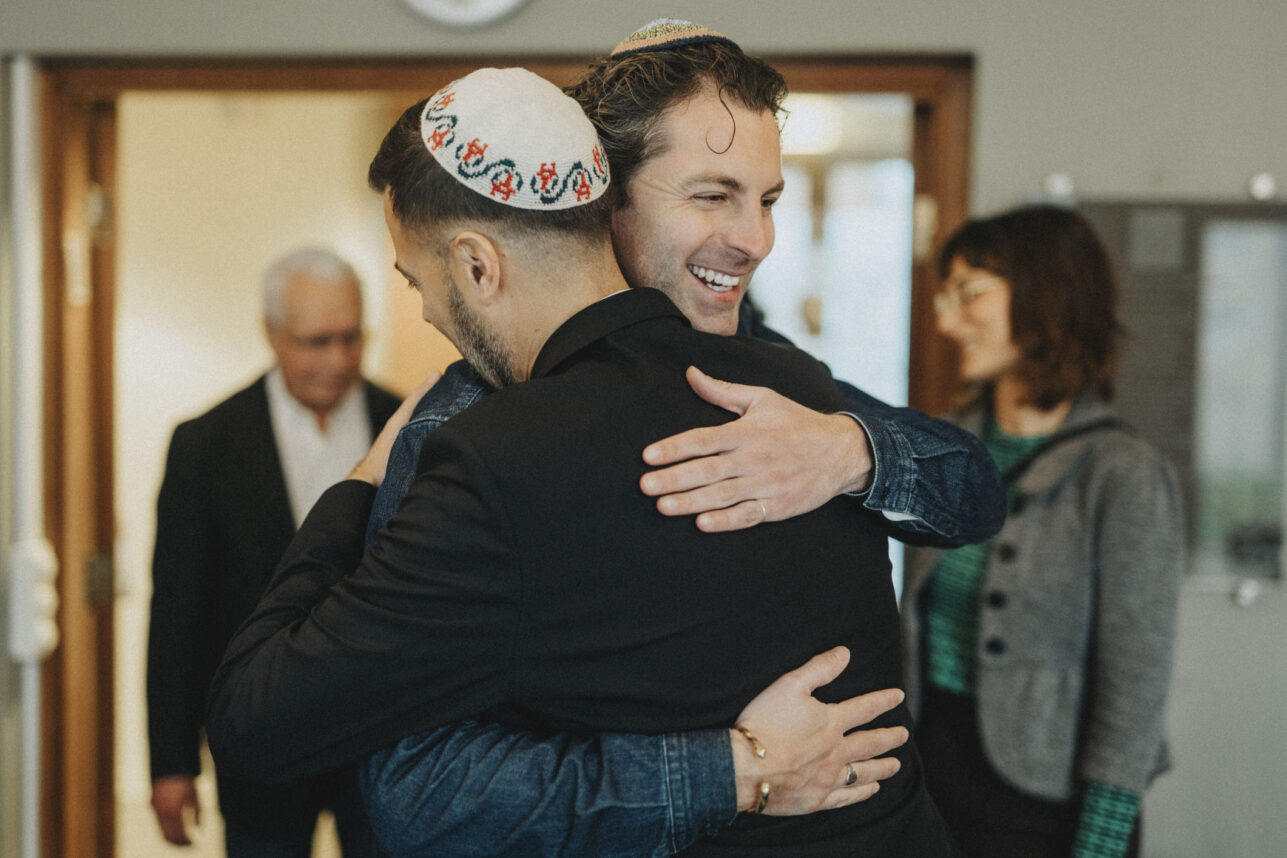
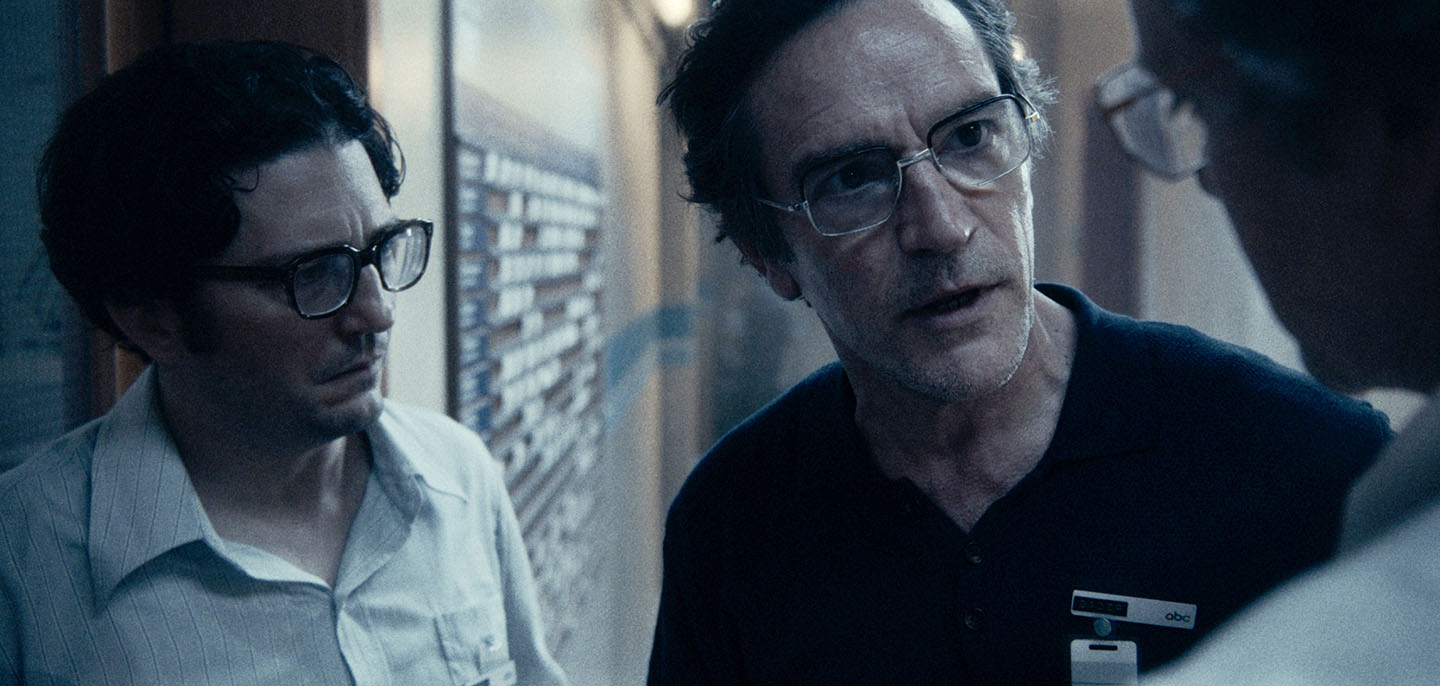


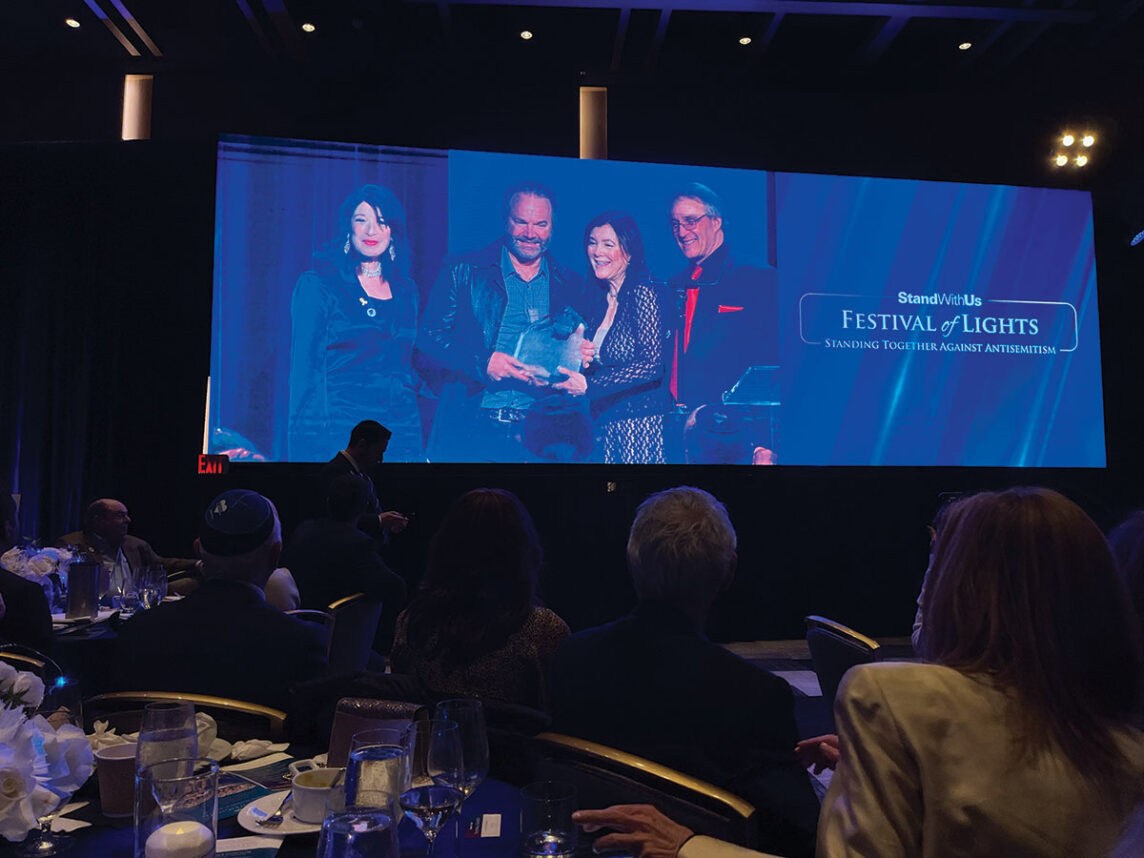

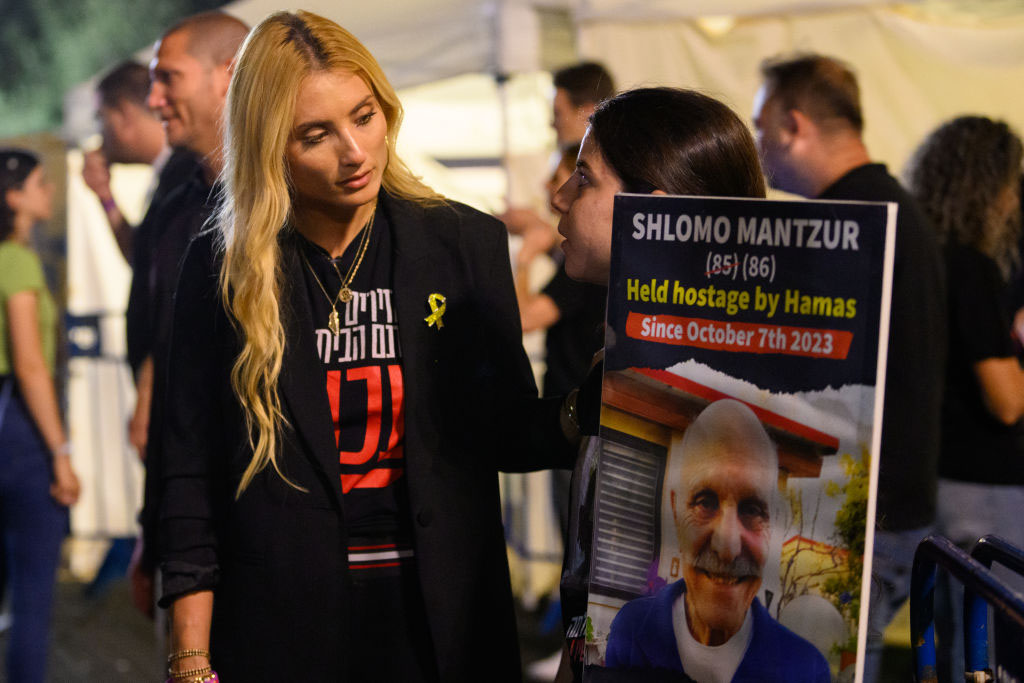
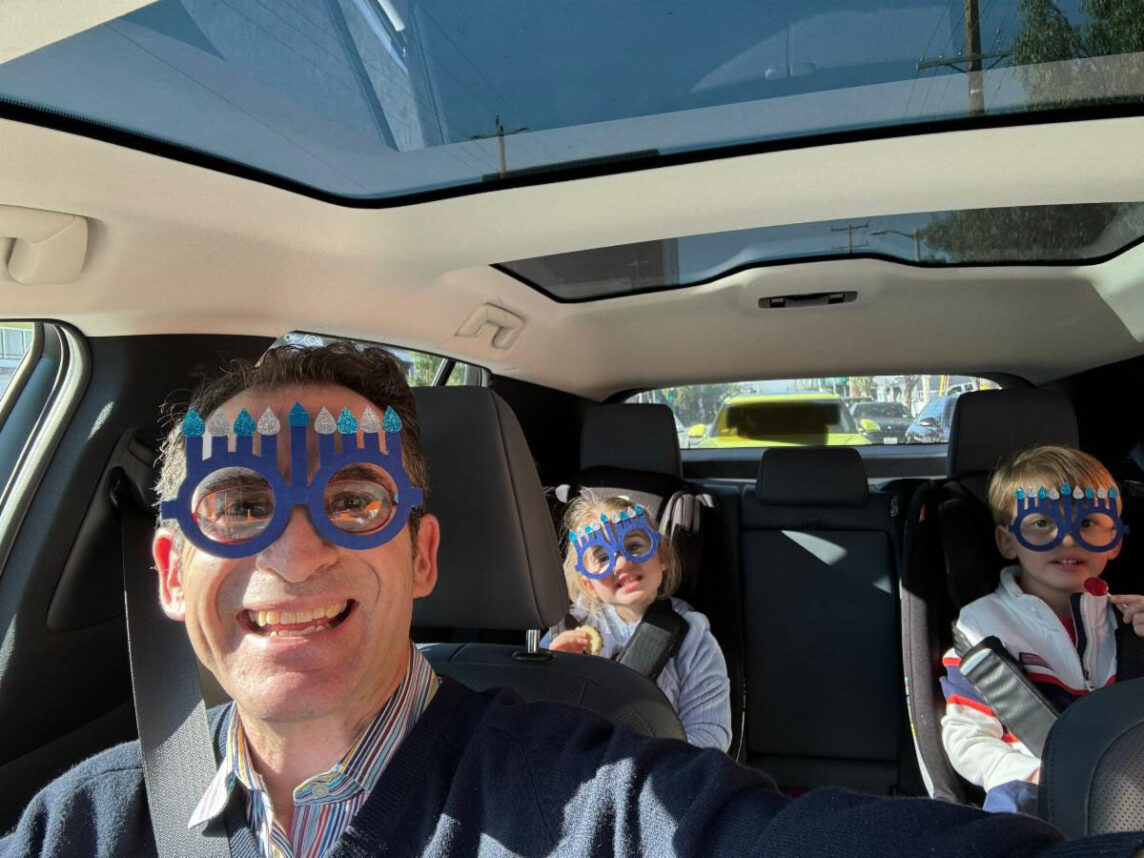





 More news and opinions than at a Shabbat dinner, right in your inbox.
More news and opinions than at a Shabbat dinner, right in your inbox.